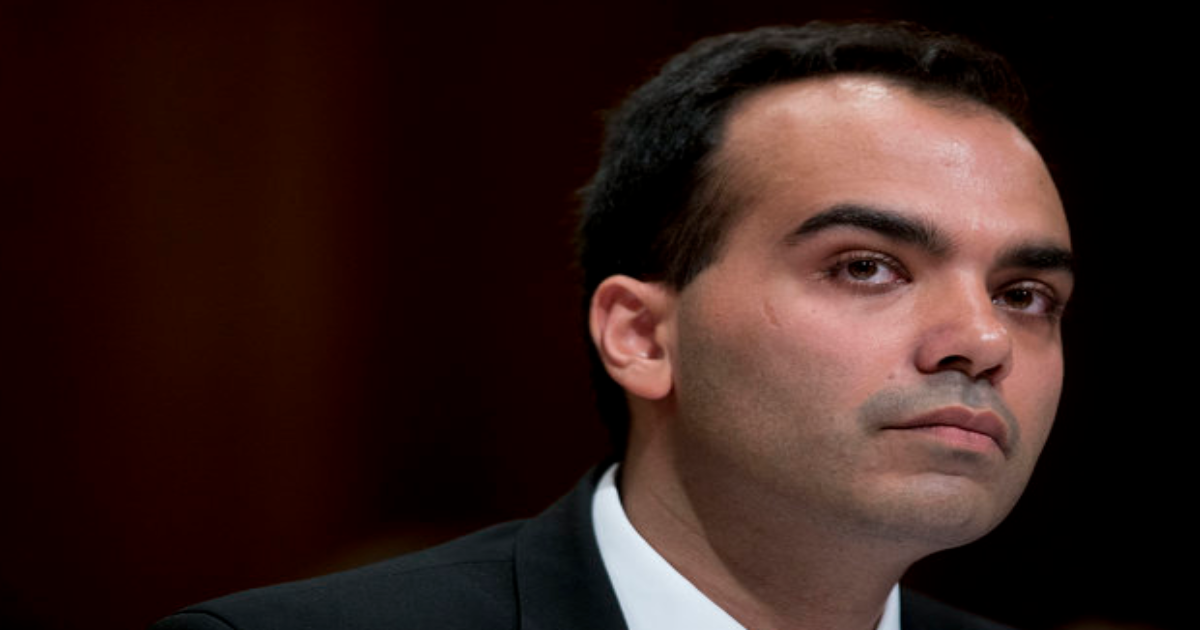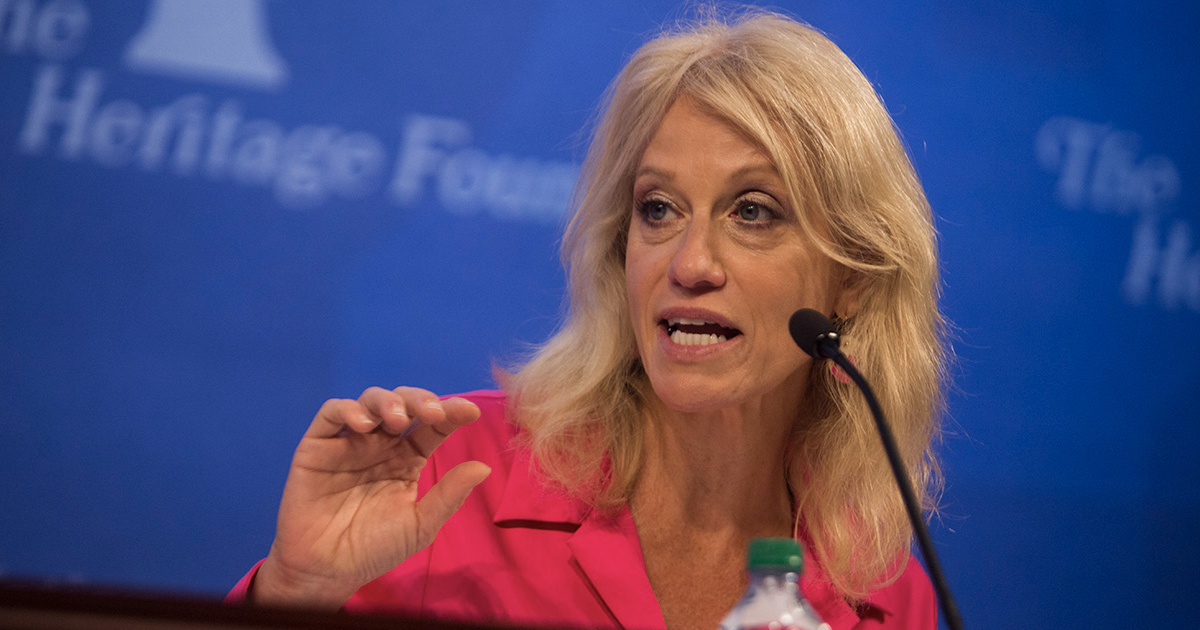Despite a whole lot of huffing and puffing, the Republican Senate in North Carolina was utterly incapable of following through on their assurances that they would repeal HB2, the infamous “Bathroom Law.”
Though they will no doubt blame Democrats for their inability to repeal the law, it is as clear as day that a refusal to back down from their anti-trans principles caused the law to remain in place – at least for now.
Republicans appeared eager to repeal the law just last week, saying then as well that it was Democrats fault that it was still in place. This, despite the fact that the Republican Legislature voted to pass the law, and Governor Pat McCrory signed it into law just earlier this year.
Since then, Charlotte, North Carolina passed a city ordinance which protected Trans residents from discrimination based on their gender identity. It was this ordinance which the state leaders claimed was stopping them from repealing the bathroom law.
Despite the necessity of such protections, incoming Governor Roy Cooper negotiated an exchange. If Charlotte agreed to repeal the rule, state officials would have to agree to hold a special meeting to discuss repealing the law. The agreement was reached and things seemed on track.
That was until the meeting convened and it quickly became clear that Republicans had no intention of going along.
Instead, Republicans attempted a nefarious plan to force into place future bans on ordinances like the one passed by Charlotte for the next six months. Republicans referred to this temporary ban as a “cooling off period,” which the Democrat state officials refused to support. Because of the Republicans’ refusal to remove these future bans on all trans-protecting rules, the law was unable to be repealed.
We thank the Democratic officials of this doomed state for standing up and pushing back on the power-hungry Republicans. While they continue to pass unprecedented laws pushed through in the dead of night, we can hope for a brighter tomorrow when Democratic Governor Roy Cooper comes into office in late January.





